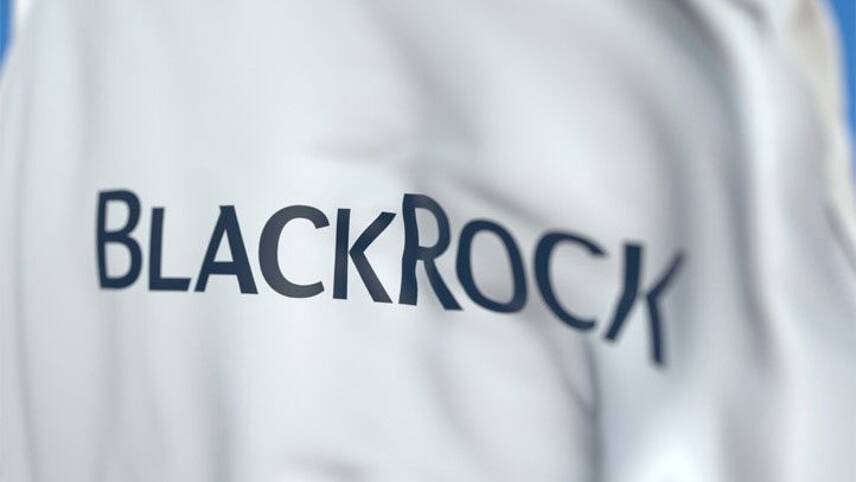Register for free and continue reading
Join our growing army of changemakers and get unlimited access to our premium content

BlackRock made a major U-turn on its climate approach last year
The calls to action are being made through the company’s new commentary paper entitled ‘Climate risk and the transition to a low carbon economy’.
Published today (17 February), the paper details how BlackRock will engage with energy companies, heavy industrials and other high-emitting firms as it strives to align its investment with the Paris Agreement.
It states that BlackRock and other major investors will expect companies of all sizes and sectors to regularly disclose their Scope 1 (direct) and Scope 2 (power-related) emissions. Companies in high-emitting sectors and sectors where Scope 3 (indirect) emissions account for a significant proportion of their absolute carbon footprint should also disclose this data.
Without collecting and disclosing this information, BlackRock argues, companies will find it challenging to develop science-based targets to reduce their climate impact. The Science-Based targets initiative (SBTi) notably requires businesses to set Scope 3 targets if they want targets classed as 1.5C compatible and if Scope 3 sources account for 40% or more of their annual emissions footprint. Such targets must have boundaries which address two-thirds of total Scope 3 emissions.
BlackRock states in the paper that it expects companies in carbon-intensive sectors to “set rigorous short, medium and long-term targets”. It highlights the SBTi as a way for companies to prove their targets are meaningful and ambitious.
If businesses fail to make sufficient disclosures or set ambitious climate targets, BlackRock is a warning, it may cote against the directors responsible. The firm notably took voting action against 53 companies on climate grounds in the first half of 2020, including ExxonMobil and Air Liquide. It has stopped short, however, of changing its exclusions policy, despite criticism of its decision to continue investing in businesses that draw revenue from coal.
The new commentary paper also urges readers to revisit Larry Fink’s annual letter to chief executives. The 2021 edition of the letter states that “no issue ranks higher than climate change”
The bigger picture
BlackRock’s latest paper reiterates several of Fink’s comments – especially his warning that a “tectonic shift” is underway across the global investment space.
The paper outlines the many drivers leading investors to increase investment in low-carbon sectors, divest from firms with poor ESG performance and engage high-emitting companies to press them on climate action and disclosure.
They include the growing adoption of net-zero targets by national and regional governments; increasing pressure from shareholders, stakeholders and the fact that physical climate risks are already crystallising.
“Climate risk is global, requiring the adaptation and resilience of companies worldwide,” the paper states. “As the global economy transitions to a low-carbon future, it is in the best interests of companies and markets that the transition is orderly and just. Both the private and public sectors have important roles to play in aligning GHG reduction efforts with targets based on science.”
Sarah George


Please login or Register to leave a comment.